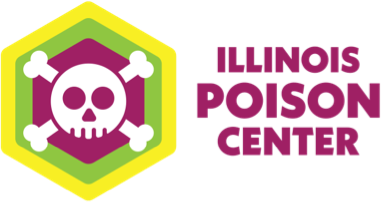Methanol
Do you have a jug of windshield washer fluid in your garage? The bright blue fluid is great for cleaning your car’s windshield glass. But there’s a flip side: The fluid often contains methanol, a type of alcohol that’s extremely toxic.
This dangerous alcohol—methanol—is also found in fuel additives, fluids to de-ice diesel engines and fuel for keeping buffet dishes warm, such as sterno cans. Methanol has industrial uses as well.
Methanol Toxicity
For an adult, 1-2 ounces of pure methanol can be toxic. For a toddler, 1 teaspoon is cause for concern. The body breaks down methanol into toxic substances that can damage the eyes and brain.
Symptoms of Poisoning
Drowsiness
Vomiting
Irregular heartbeat
Blindness
Kidney failure
Coma
Death
Prevention Tips
Keep yourself and your family safe from methanol exposures:
Safely store windshield washer fluids and other products with methanol.
Keep substances in their original, child-resistant containers locked away out of sight and reach of children.
Never store products with methanol near food or beverages.
Always use these products only as directed.
IPC is here to help. If any amount of methanol is swallowed or inhaled, call our helpline at 1-800-222-1222 right away. There is an antidote for methanol that is most effective when given immediately after ingestion. IPC toxicology experts are available 24 hours a day, seven days a week and can advise you on next steps.
